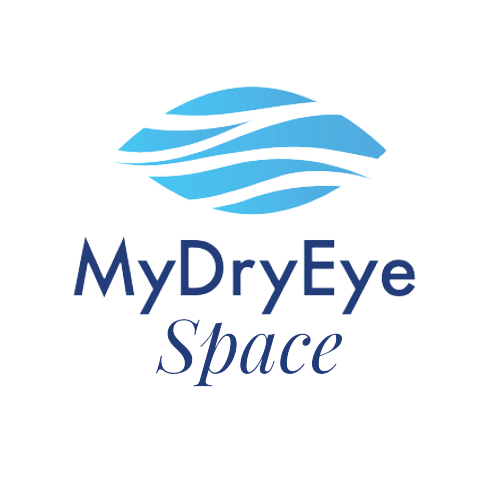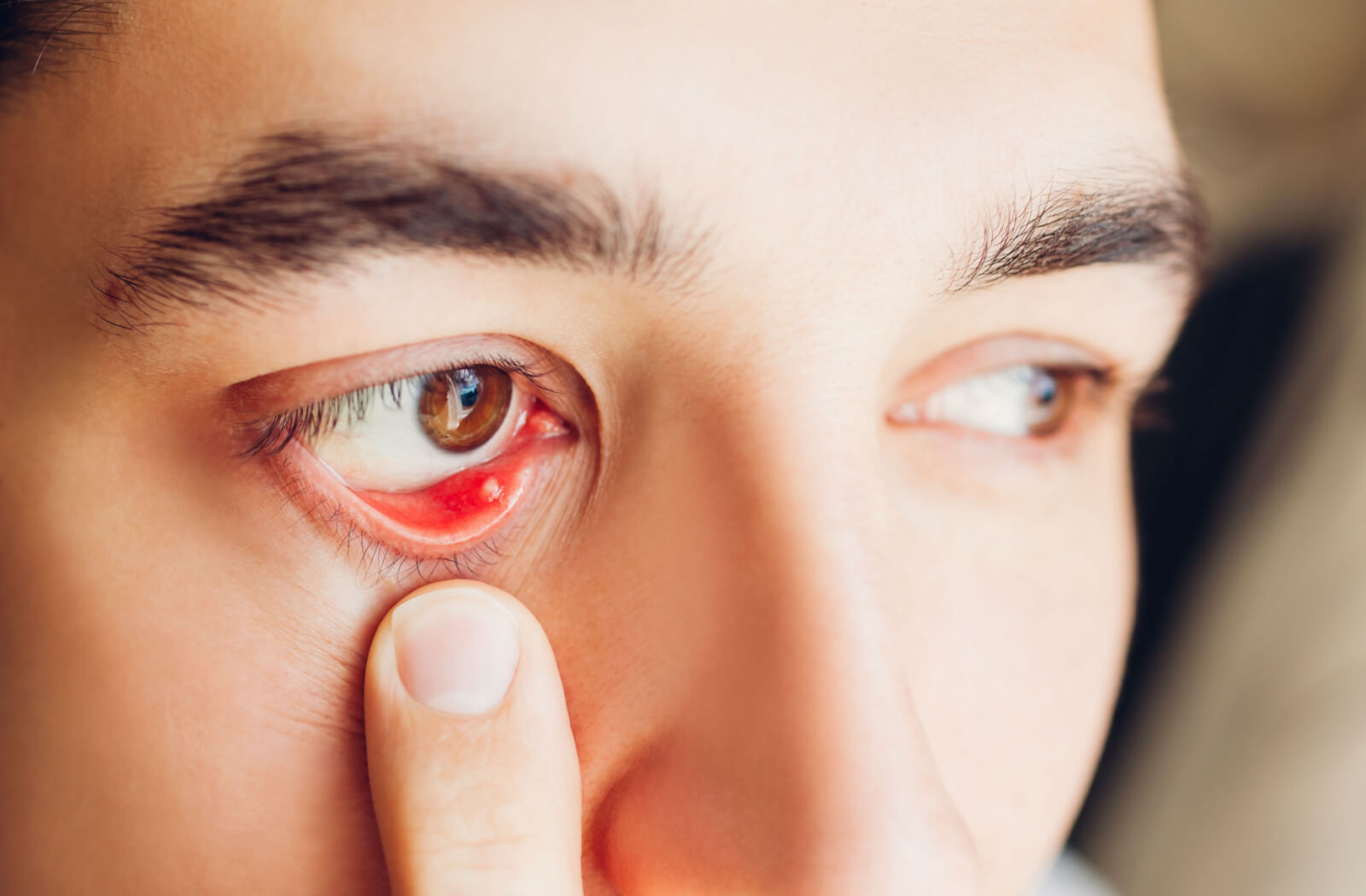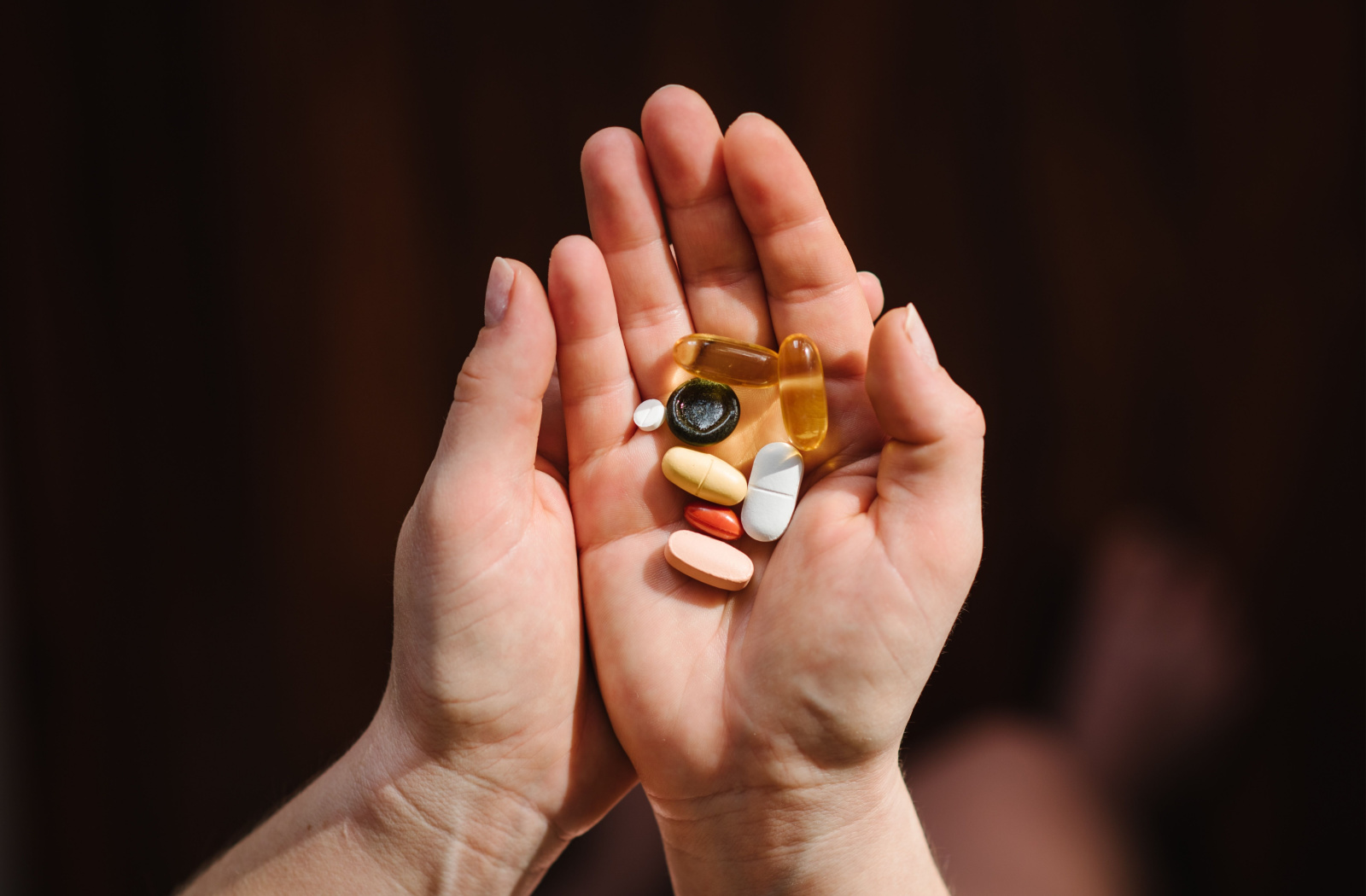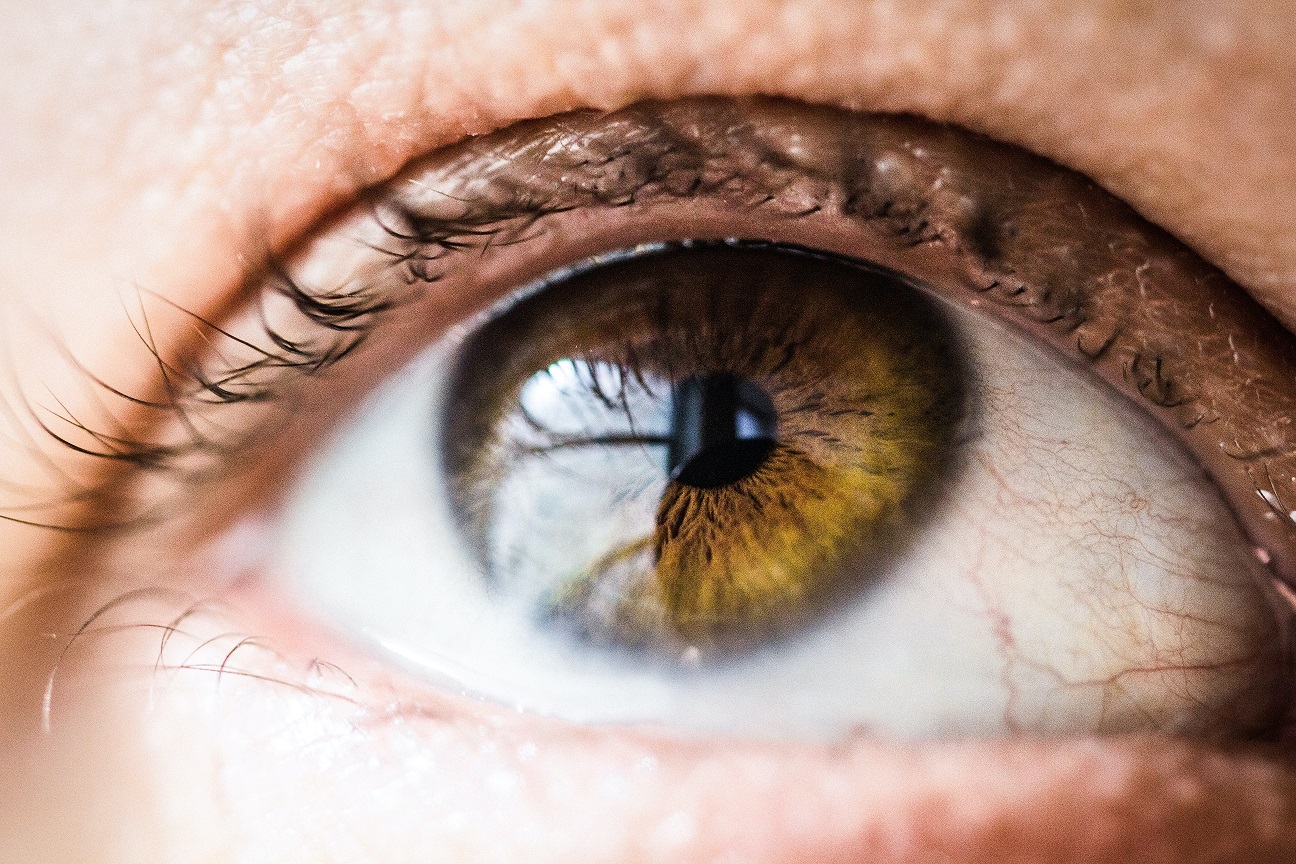Accutane, known generically as isotretinoin, is an oral prescription medicine used to treat acne. It’s normally only given for severe, scarring acne after other creams or antibiotic treatments have failed. Although it is proven to be effective in reducing stubborn acne, it’s a potent medication with several potential side effects, including dry eyes.
If you’ve noticed an increase in your dry eye symptoms and have recently been prescribed Accutane, there could be a connection and you might need to contact your local dry eye doctor.
Symptoms of Dry Eye
It is estimated about 30% of Canadians suffer from some form of dry eyes. Since Accutane can cause dry eyes in people who have never experienced it before, you may be unaware of what it is. Some of the symptoms you might notice if you have dry eyes are:
- A feeling of dryness, grittiness, or scratchiness in the eyes
- Redness or irritation
- Sensitivity to light
- Blurred vision or difficulty seeing clearly
- A burning sensation
- Eye fatigue or strain
- A feeling of having something in the eye
- Inability to wear contact lenses
- Excessive tearing (in some cases, dry eyes can cause an overproduction of tears in an attempt to compensate for the lack of moisture)
How Does Accutane Cause Dry Eyes?
Dry eyes are caused by complications with your tear film. The tear film is a thin layer of moisture that covers the surface of the eye. It is made up of three layers:
- The inner mucin layer is made up of mucus and helps anchor the tear film to the surface of the eye.
- The middle aqueous layer makes up most of the tear film and is primarily water and various nutrients that keep your eye healthy.
- The top lipid layer is formed of an oil called meibum, secreted from the meibomian glands along your eyelids. This oil prevents the water from evaporating too quickly off your eye’s surface.
So, how does Accutane relate to this? Accutane works by reducing the size of the oil glands on the face. This reduces the amount of oil created, which can prevent the clogged pores that eventually result in acne.
However, the chemicals in Accutane can also affect the quality of meibomian glands in your eyelids, causing them to produce less meibum oil necessary for a healthy tear film. This can result in a condition known as Meibomian Gland Dysfunction (MGD). MGD is one of the most common causes of dry eyes, with studies showing that 86% of people with dry eyes have it.
Without this oil, the water meant to keep your eyes wet instead evaporates too quickly and you’re left with that dry, scratchy feeling.
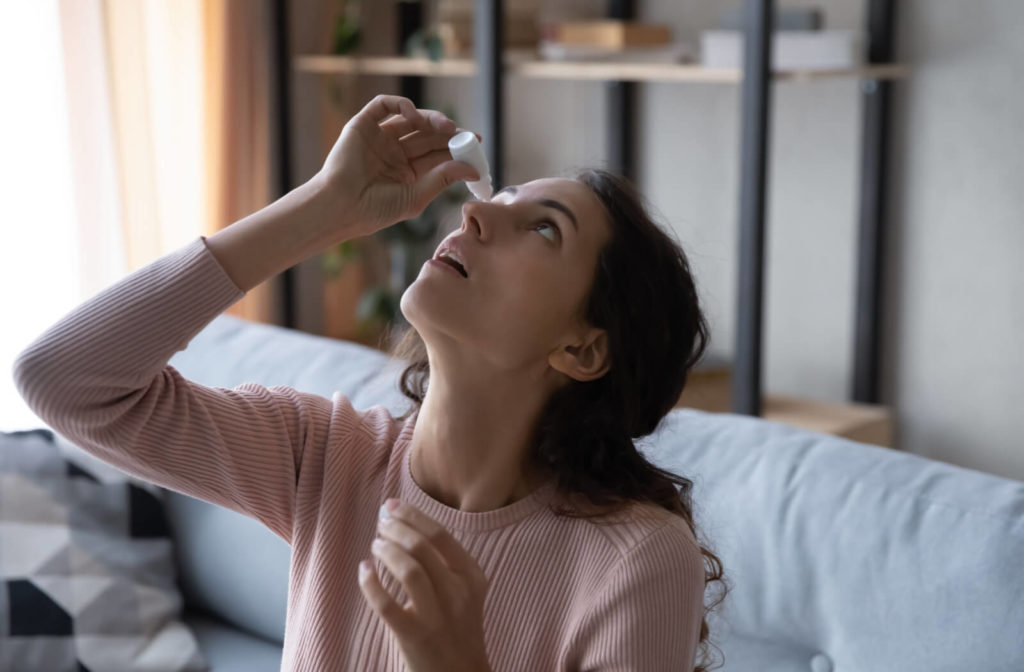
How Can an Optometrist Help?
Occasionally you may be referred to an optometrist before being prescribed isotretinoin, especially if you already show signs of dry eyes. While the symptoms normally fade after you stop taking Accutane, if you have severe eye conditions your dermatologist might need to prescribe a different medication.
Artificial Tears
You may need to use lubricating drops, sometimes referred to as artificial tears, to assist your eyes in retaining moisture. These are over-the-counter eye drops that can offer temporary relief from dry eye symptoms. There are many different types of drops, varying in viscosity and additional ingredients. Talk with your eye doctor to figure out which drops are best for you.
Prescription Eye Drops
Depending on the severity of the inflammation your eye doctor may prescribe prescription drops. These are a stronger formulation of eye drops that can help to alleviate dry eye symptoms and may include medications that help to increase tear production or stabilize the tear film.
In-Office Procedures
For some blockages, your doctor may suggest an in-office procedure for some relief. Your optometrist may recommend Intense Pulse Light (IPL), Radiofrequency (RF), LipiFlow or iLux. All of these treatments work on the root cause – MGD. If Accutane is the root cause of your dry eye, these procedures might not be needed as the symptoms should subside after the Accutane leaves your bloodstream. As always, consult with your doctor.
Finding an Optometrist Near You
Whether you’re taking Accutane now and experiencing dry eyes, or you may begin taking it in the near future and have concerns, it is important to talk to a doctor. Dry eyes can go beyond simply being uncomfortable, they can affect how you sleep, how you drive, and overall negatively impact your quality of life.
MyDryEye is Canada’s premier network for helping patients find relief from their dry eyes. If you believe Accutane is causing your dry eyes, find a dry eye doctor to help you manage your symptoms.
